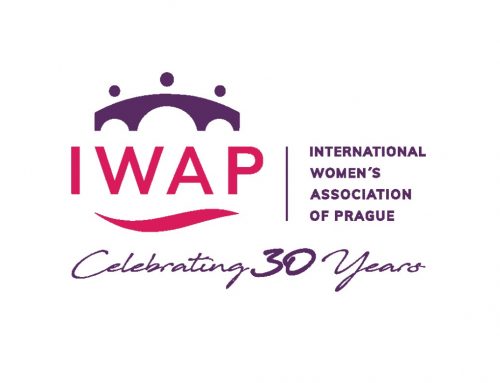
By Helen Noll (UK)
It was a warm and sunny Spring afternoon when I visited Vítej with Rhonda, to see what work the charity was doing in view to an IWAP cash donation. I have worked with autistic young adults and was keen to see what they were doing here, for Rhonda, it was a real eye-opener as she had not had the opportunity to come across autistic people before.
The property is a large house that has been specifically adapted to meet the needs of the residents who stay there, in the small village of Hrebec, near Lidice. There is a big open garden for residents and visitors to enjoy. The drive from the centre of Prague is no more than 30 minutes, beyond the airport.
 Vítej refer to themselves as ‘Protected Housing’ and when we visited the residence were adults ranging from 20 – 35 years old. These residents are there 24 hours a day, 365 days a year. There is also the possibility to use Vítej for respite care and they have some rooms that are used by younger residents, children between 10 and 18 years of age, to give parents or carers a break, or if the family goes on holiday and consider the change in environment too stressful. Some families have also used this facility for short-term day care, when they have needed it.
Vítej refer to themselves as ‘Protected Housing’ and when we visited the residence were adults ranging from 20 – 35 years old. These residents are there 24 hours a day, 365 days a year. There is also the possibility to use Vítej for respite care and they have some rooms that are used by younger residents, children between 10 and 18 years of age, to give parents or carers a break, or if the family goes on holiday and consider the change in environment too stressful. Some families have also used this facility for short-term day care, when they have needed it.
For those who are unfamiliar with autism, it is a very wide range of disabilities. There are some that are diagnosed with mild symptoms and their behaviour to you may just come across as abrupt or rude. With a more severe diagnosis the person finds it very hard to explain or understand their emotions and they have no empathy. Typically if they are holding an ice cream and you asked for a lick, they would lick your face – it would not occur to them that you want the ice cream. This can make for some very ‘selfish’ behaviour which in a family environment can be very challenging when there are many needs that need to be met. I like to think of the brain as being wired differently and if can imagine doing whatever you wanted, no social rules. No need to be polite when you don’t want to be, no social graces at all. They are just not there. You can still laugh at something funny, feel upset and frustrated but it is impossible to read faces, understand the subtly behaviour we perform without even thinking about it.
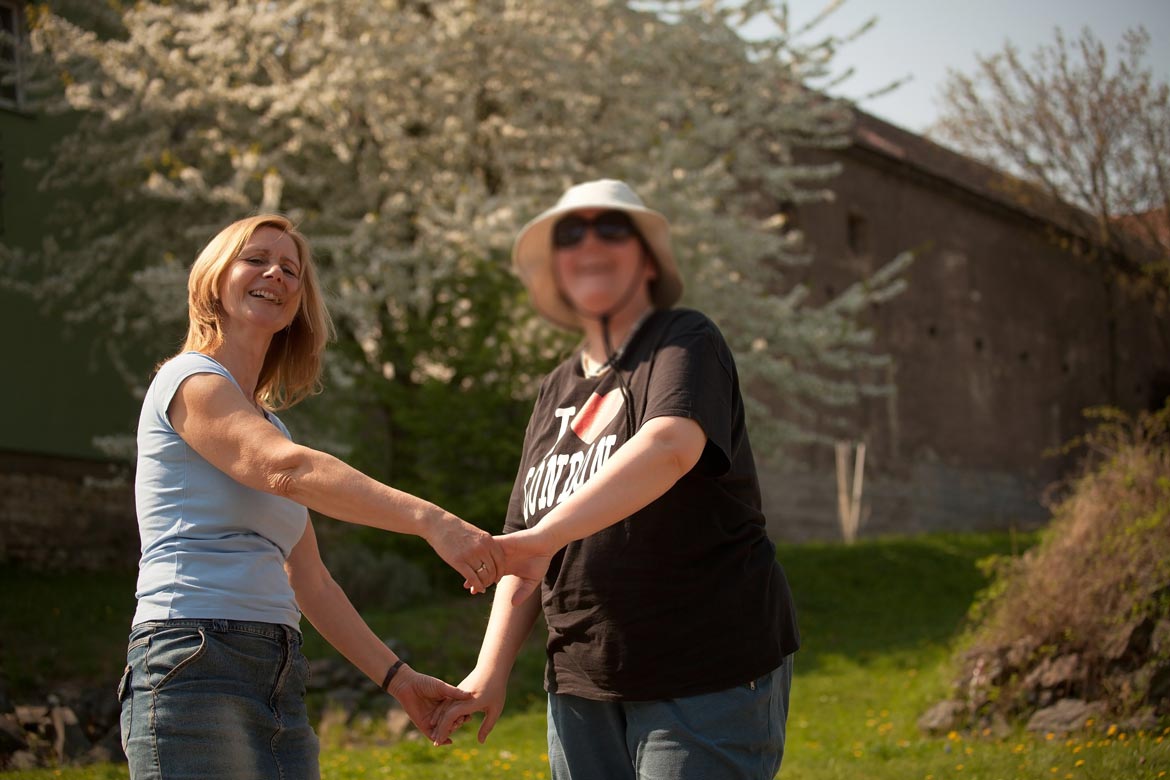
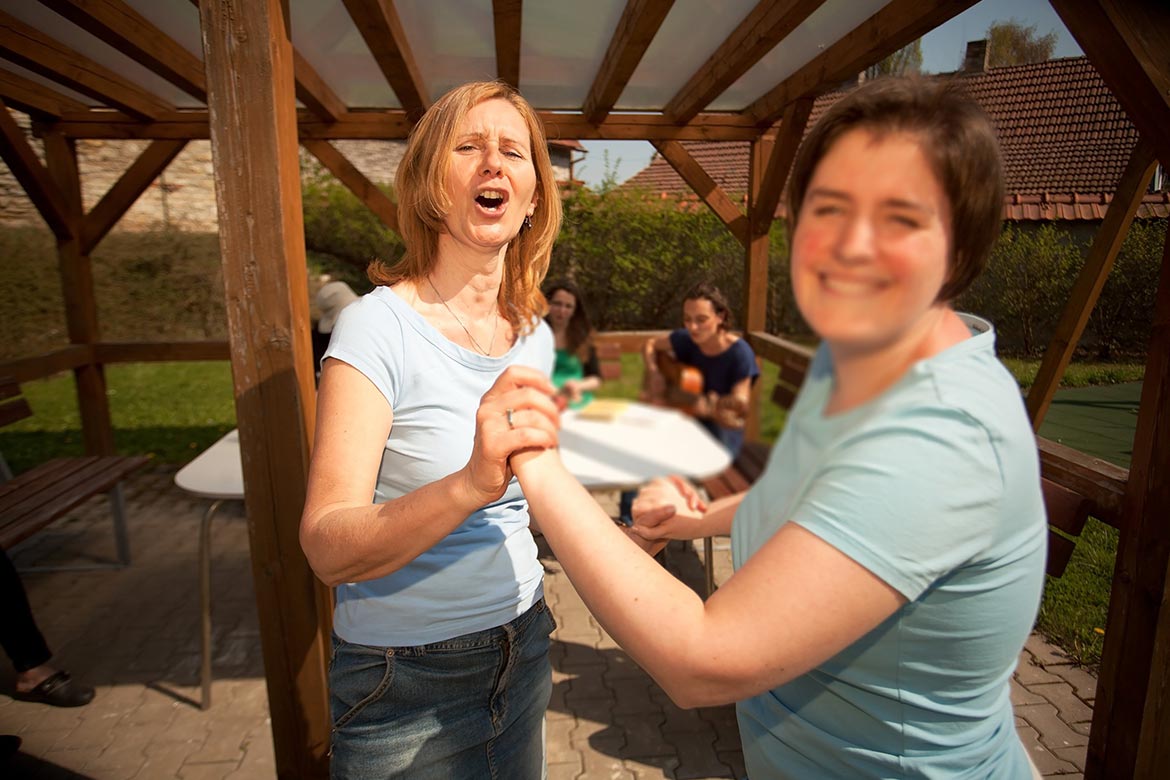
The staff at Vítej are trained by the owner and chair of the organisation, Jitka Klasová, who has a daughter with autism. It was her desire to meet the needs of her daughter, now 25, that led her to travel all over Europe looking at best practice with regards to autism and behavioural management. These practices are very much evident at Vítej, colour coded programmes for each resident. Visual aids to remind the residents of what they need to do each morning and which order they do them. Put your pants and socks on first, then your trousers!
Residents are supervised all the time. The staff are encouraging the learning of new and interesting topics for the residents, they are never bored. Each resident has very specific needs and when they have completed their tasks they get to spend their free time doing their favourite thing. For one young woman, this is ripping sheets of paper into thin stripes and rolling it up. For another it is time on the computer or going out to walk in the garden, listening to music. Good behaviour is rewarded with time to do your own thing. Once the needs are revealed, the staff do their very best to meet them.
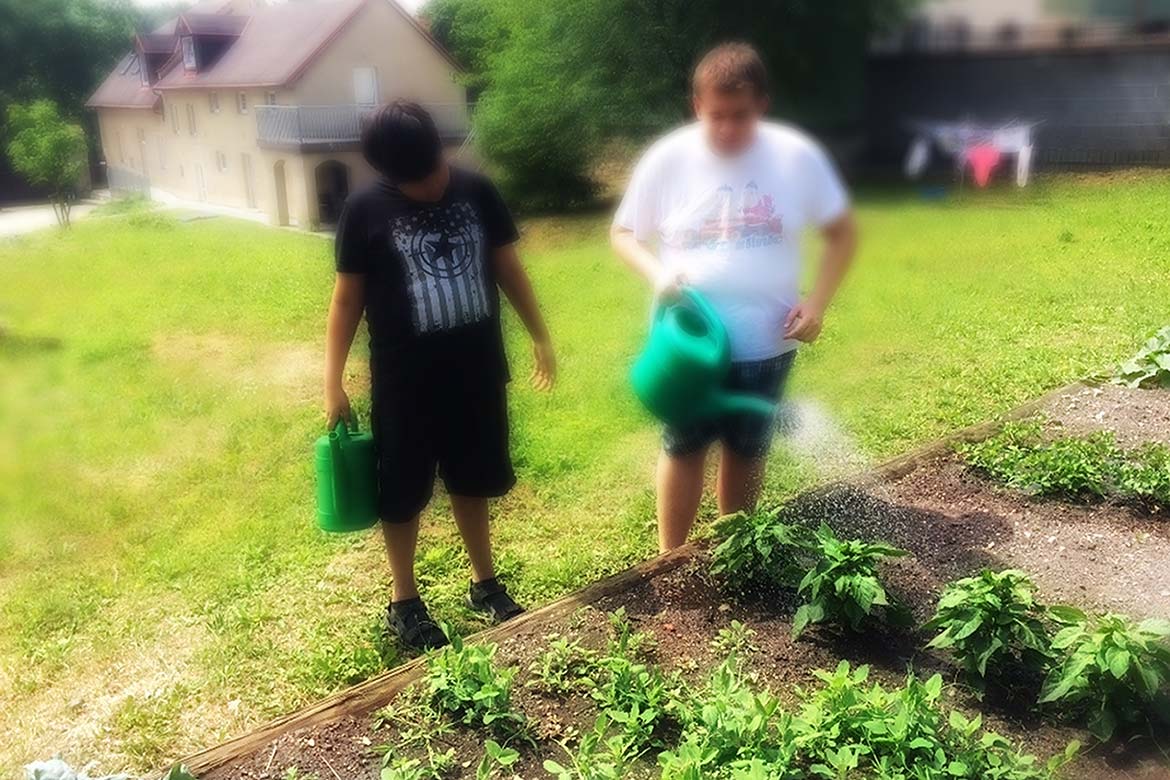
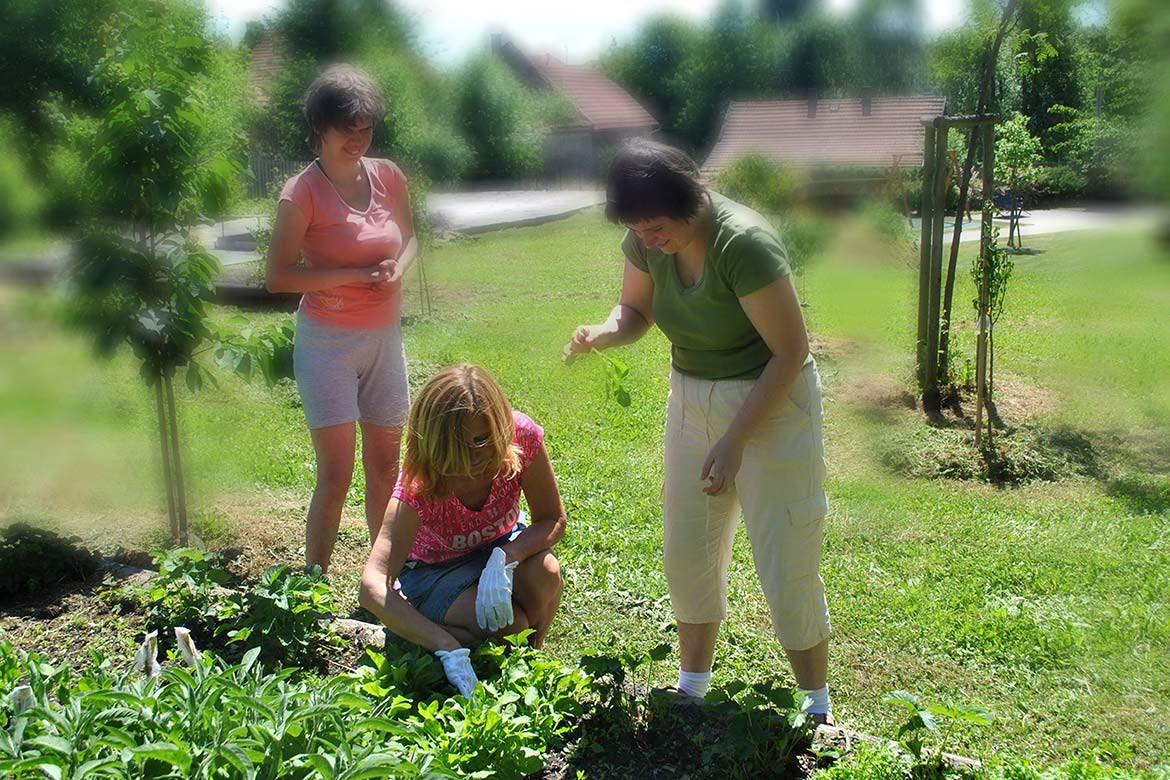
Communication can be difficult and some residents use sign language to communicate, a sign language specific to them. It is a bit like code breaking but it was obvious when we visited that the staff were very familiar and could get themselves understood as well as understanding the needs of the individual. There are games to be played and many craft activities to keep fingers busy. Residents learn some basic cooking skills, make their own beds and do some chores in the house, like any home.
Vítej is not a psychiatric unit, it does not care for anyone with a psychiatric problem, the residents all have autism of varying levels and enjoy being in a place that is quiet, the routine is to suit them and they are safe and well cared for.
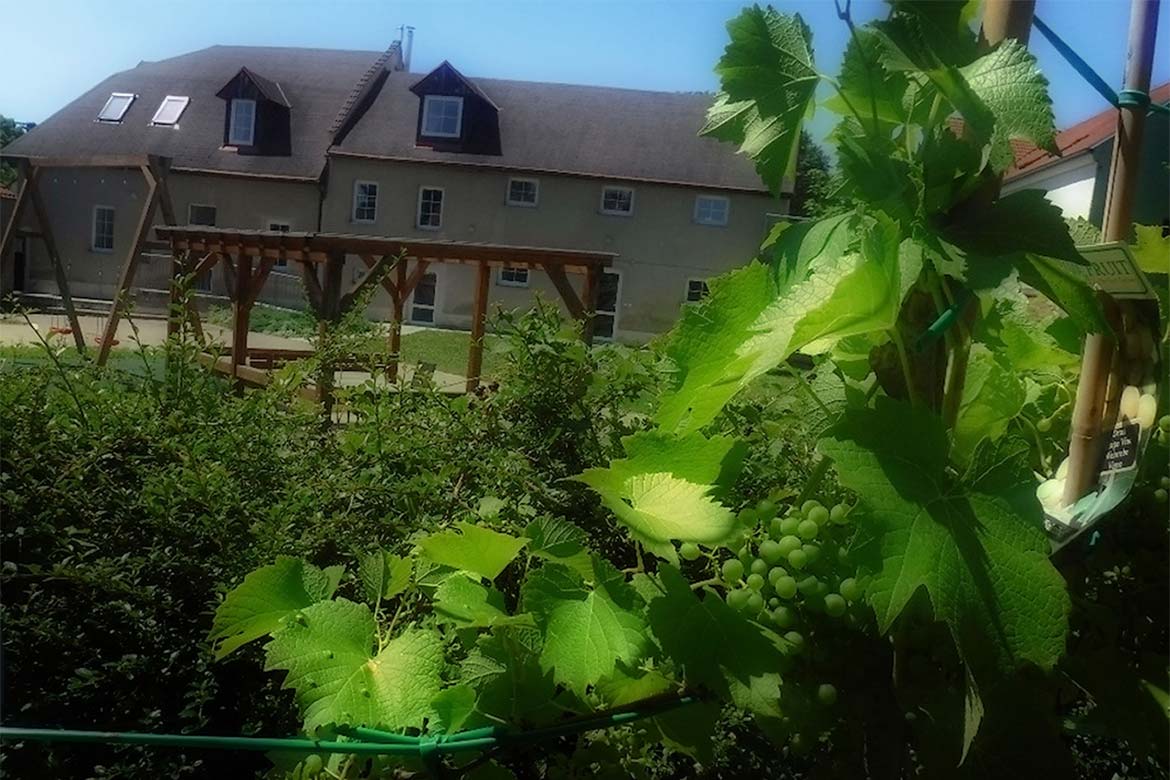
Like all charities, Vítej is finding government funding is being reduced, this has a big effect on their ability to operate at the high standard they currently have. Ideally with more money, they will be able to employ specialist staff to visit the house and work with the residents on music or art therapy which has proved very popular in the past. There is also the general upkeep of soft matting for play or destress areas. A charity that serves a specific population, which is not well resourced in the Czech Republic, especially for adults. It is hard to know what would happen to these people if this house did not exist. I fear they would be in a noisy, chaotic environment which would be of enormous stress to them. Thankfully, Vítej is able to meet this need and provide expert care of a very high standing in a well maintained and purposely fitted out residence.
Helen Noll has lived in Prague for over four years. Helen was President of IWAP 2015 – 2018, she now works on a project in India to put toilets into schools (WASH). She is married with three grown up children.





